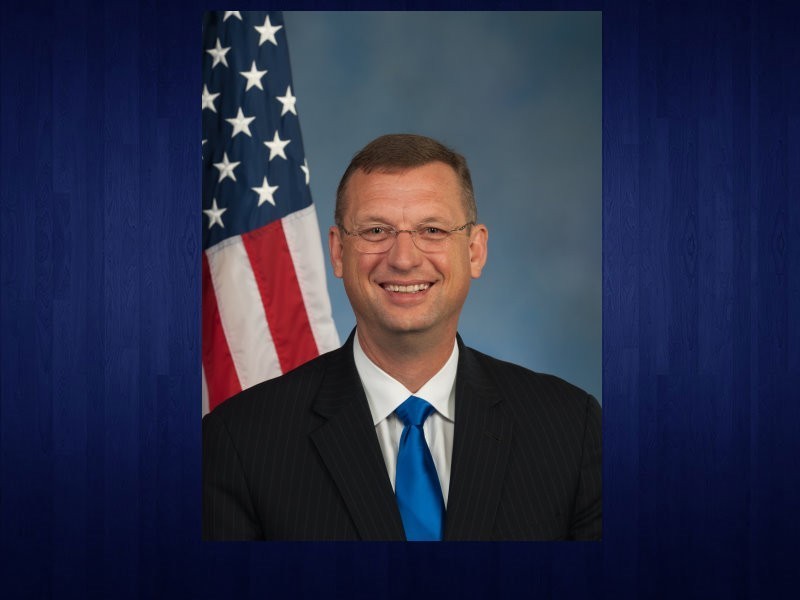ATLANTA (AP) — A spat over whether hourslong lines experienced by some Georgia voters were a positive sign of increased participation or an unfavorable result of poor investment and mismanagement bubbled up in Congress last week with Gainesville's Doug Collins right in the middle of it.
The sparring came during a debate over a proposal that seeks to make sweeping changes to voting law.
During a House Judiciary Committee hearing Tuesday in Washington, recent elections in Georgia and a handful of other states were criticized as Democrats asserted the need for stronger national voting protections. Republicans called the legislation an unconstitutional power grab that takes power from elected state and local officials.
Georgia elections came under scrutiny during November's gubernatorial race between Democrat Stacey Abrams and Republican Gov. Brian Kemp, who served as secretary of state before winning the contest. Kemp refused calls to resign from overseeing his own election, only stepping down two days afterward.
Facets of Georgia's voting system, including the state's outdated voting machines and its practice of holding and purging voter registrations for list maintenance, are the subject of ongoing legal challenges in federal and state courts.
COLLINS VS.MCBATH
But the mention of long voting lines during the hearing touched off a battle of words between two House members from Georgia.
"We discussed long lines — that actually should be applauded. We have long lines because a lot of people wanted to vote," said Collins, a Republican who represents Georgia's 9th Congressional District, while defending Georgia elections.
Later in the hearing, newly elected Democratic Rep. Lucy McBath shot back at Collins.
"My colleague, Congressman Collins, said earlier today that he thought that long lines to vote in Georgia were a good sign," McBath said. "And I know many of his Republican colleagues absolutely believe the same thing, and I can tell you, I do not."
She called the long lines "at best a sign of underinvestment in voting and at worst a form of extreme voter suppression."
Sherrilyn Ifill of the NAACP Legal Defense and Educational Fund said that her organization does election monitoring and called the long lines in recent elections "a monument to our failure to invest in the casting of ballots."
"I cannot imagine how anyone could think that voters waiting on line in the morning for four hours in Gwinnett County, Georgia — because the machines lacked the power cords — how anyone could think that was a good thing," Ifill said.
Voters at one precinct in Snellville faced hourslong waits in November after machines didn't have power cords and ran out of batteries.
Other voters in and around Atlanta were incensed by long lines on Election Day, some with waits up to three hours. Some of the longest lines formed at polling places near historically black colleges in Atlanta.
Collins said increased voter turnout and record participation caused the long lines. He also said that if there were problems in individual counties, people could vote out county election officials in those areas.
The wide-ranging bill would, among a host of other things, create automatic national voter registration while expanding access to early and online registration. It would also increase federal support for state voting systems.
But prospects for its passage are murky. While Democrats control the House, Republicans still hold the Senate and White House and it's unlikely they'd approve the measure.
Senate Majority Leader Mitch McConnell slammed the legislation Thursday on Twitter, saying it "proposes a massive federal takeover of elections" without "any evidence of crisis or emergency."









